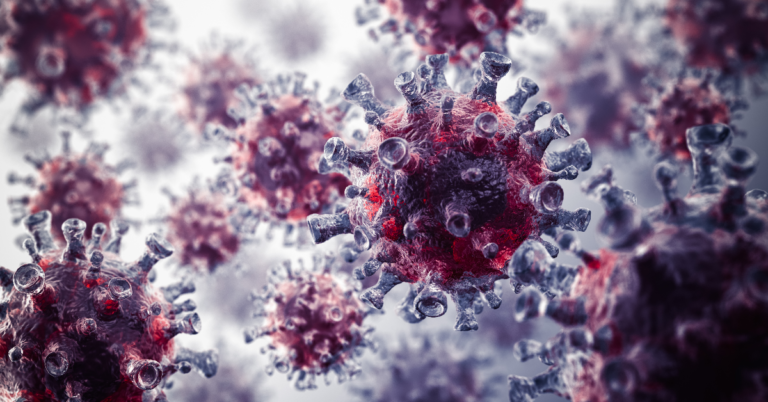
Antibiotics have been a medical marvel, revolutionizing how we treat bacterial infections. But in recent years, a growing concern has emerged – antibiotic resistance. This article tackles your most pressing questions about this critical public health issue.
Let’s get started!
1. What is antibiotic resistance?
Antibiotic resistance occurs when bacteria evolve and develop the ability to resist the effects of antibiotics that were once effective against them. This makes it harder to treat infections, leading to:
- Longer illnesses [1]
- Increased healthcare costs [1]
- Higher risk of complications [1]
- Even death in some cases [1]
Reference:
- [1] Centres for Disease Control and Prevention. (2023, September 14). Antibiotic Resistance Threats in the United States, 2023. https://www.cdc.gov/drugresistance/media.html
2. What are some common misconceptions about antibiotic resistance?
Here are some myths that can hinder responsible antibiotic use:
- Myth 1: Antibiotics fight viruses too. Antibiotics only target bacteria. They won’t help against illnesses caused by viruses, like the common cold or flu [2].
- Myth 2: Taking antibiotics prevents you from getting sick. Antibiotics treat existing infections, not prevent new ones [2].
- Myth 3: Finishing a course of antibiotics early is okay. This is a crucial mistake! Stopping antibiotics early allows resistant bacteria to survive and multiply [2].

Reference:
- [2] World Health Organization. (2023, September 19). Antibiotic resistance. https://www.who.int/health-topics/antimicrobial-resistance
3. How do bacteria become resistant to antibiotics?
Bacteria are constantly evolving. When exposed to antibiotics, some bacteria develop mutations or acquire genes that allow them to survive. These resistant bacteria then multiply and spread, making it harder to treat infections with that particular antibiotic [2].

4. What are the consequences of widespread antibiotic resistance?
The consequences are significant. Imagine a scenario where common infections like pneumonia or urinary tract infections become difficult to treat or life-threatening. Surgeries and medical procedures, which rely on antibiotics to prevent infections, would also become riskier. This highlights the global urgency of addressing antibiotic resistance [2].

5. How can we prevent the spread of antibiotic resistance?
Here’s where we can all make a difference:
- Only take antibiotics when prescribed by a doctor, and complete the full course. Even if you feel better, finishing the entire course is crucial to eliminating the infection completely [2].
- Never share antibiotics with others. Antibiotics are prescribed for a specific infection and person. Sharing them can not only be ineffective but also contribute to resistance [2].
- Practice good hygiene – wash your hands frequently and avoid close contact with sick people. Simple hygiene measures can significantly reduce the spread of bacteria and prevent infections in the first place [2].
- Support the development of new antibiotics through research initiatives. New antibiotics are constantly needed to combat evolving resistant bacteria [3].
Reference:
- [3] Infectious Diseases Society of America. (2023, August 10). Antibiotic Resistance. https://www.idsociety.org/policy–advocacy/antimicrobial-resistance/
Feeling Empowered? Let’s Keep the Conversation Going!
- Share your thoughts and experiences with antibiotic resistance in the comments below.
- What are some additional questions you have about this critical topic?
- Let’s work together to promote responsible antibiotic use and combat superbugs!
Stay tuned for our next article, where we’ll delve deeper into specific ways to prevent infections and support the development of new antibiotics.



